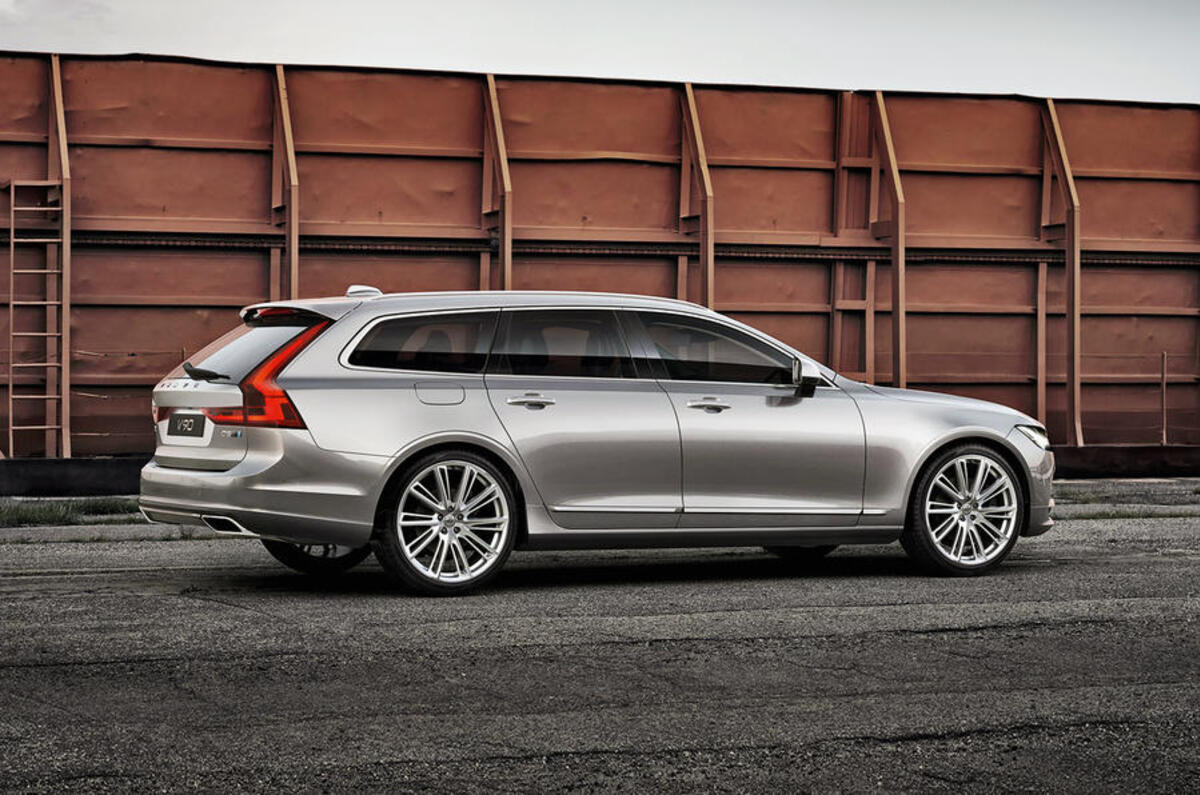A grand old European car company struggling for identity, treading water, and with management to answer in Detroit. Not Opel-Vauxhall (well, it is…), but the position Volvo was in in 2010, before Ford sold it to Chinese company Geely.
At face value, the similarity between the position of Volvo and Opel probably ends there, for Volvo was taken over by a company with money to spend but no desire to dictate how it was spent so long as the profits and sales went up, whole Opel finds itself with a new owner looking to integrate it into its own business.
Yet the position is similar, according to Volvo boss Hakan Samuelsson. He wasn’t at the head of the company when Geely bought the Swedish firm (he joined in 2012) but he’s overseen the transformation of it since. He recalls how Volvo was faced with two options: make the cars more premium and expensive, or to cut costs and increase the economies of scale.
“We [Volvo] needed more valuable cars, more premium cars. If you don’t follow that strategy, you have to do something on the cost side.” Samuelsson noted that making the cars more premium is a strategy Opel has tried itself before, but despite some good cars, it just hasn’t worked in the eyes of the consumer.
Why has Opel/Vauxhall been bought by PSA?
“So they have to do something on the cost side, despite the high wages in Europe. It’s reducing costs to improve profits, and they’ll do that by putting all the cars [PSA and GM] on one platform. All these vehicles and one platform, that’s the logic."
Recalling his own experiences under new ownership, Samuelsson, though magnanimous about Ford, agrees with the sentiment of being “liberated” since being taken over by Geely.
“We didn’t have a straight jacket from Ford, but now we’re a normal company. We have responsibility, but also freedom to do what’s right.
“Geely has no opinion of its own, and listens to our strategy and supports it. They’ve been very good for Volvo. To have Geely as owners, its no coincidence our results are better. We are not forced to do any compromise.
“We just do it, with no-one on the Ford side saying something. With Ford, it was all made on horizontal synergies between the companies. An S80 and a Mondeo were the same car… It’s not so easy.”
Seven years after Geely’s takeover, Volvo is on track to double its sales in that period to 800,000 units by the end of the decade, with two platforms spinning off three different model lines, the smaller platform of which Geely itself it using to launch its own brand into Europe, Lynk&Co. Seven years on from now, what sort of shape will Opel be in?
Volvo CEO: Car sharing will dramatically impact the automotive market
Volvo Chinese R&D centre will play key role in R&D design
Volvo V90 video review




Add your comment